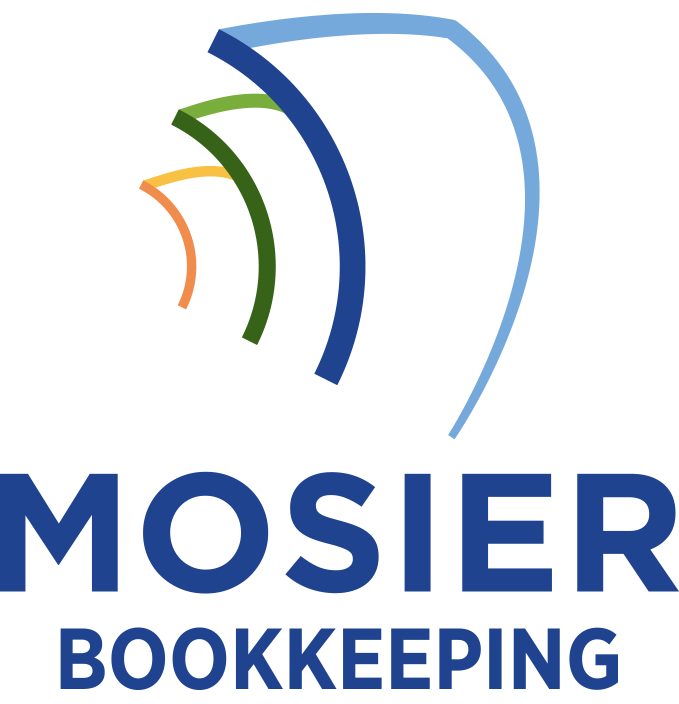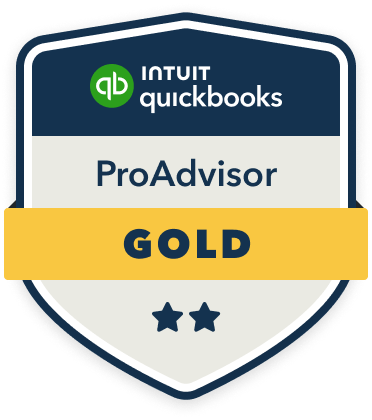A robust bookkeeping system empowers your socially responsible business to track both financial performance and social impact metrics simultaneously. I’ve found that proper bookkeeping enables transparent reporting to stakeholders, optimizes resource allocation between mission and profit goals, and guarantees compliance with grant requirements. You’ll gain data-driven insights to make strategic decisions while maintaining audit-ready documentation of your social return on investment. The following key benefits will transform how you measure and maximize your dual bottom line impact.
Tracking Impact Metrics and Social Return on Investment
Three essential components define effective impact tracking for socially responsible businesses: quantifiable metrics, consistent measurement frameworks, and clear documentation processes.
I’ll show you how to leverage these elements to maximize your social return on investment (SROI). First, establish specific KPIs that align with your mission – whether it’s carbon reduction, community employment rates, or ethical sourcing percentages. Then, implement standardized measurement protocols using tools like B Impact Assessment or IRIS+ metrics. Finally, maintain detailed impact logs that document your progress, challenges, and outcomes.
This systematic approach will strengthen your competitive advantage while demonstrating measurable social value to stakeholders.
Building Trust Through Financial Transparency
Beyond tracking social impact metrics, financial transparency serves as the bedrock of stakeholder trust in socially responsible businesses. I’ll show you how transparency creates competitive advantages through strategic disclosure of financial data and impact outcomes.
| Transparency Element | Trust Outcome |
|---|---|
| Open Books Policy | Enhanced Credibility |
| Impact Reports | Validated Claims |
| Cost Breakdowns | Price Justification |
| Fund Allocation | Mission Alignment |
| Audit Results | Risk Mitigation |
Optimizing Resource Allocation for Mission and Profit

Effective resource allocation requires balancing social impact goals with financial sustainability in small mission-driven businesses. I recommend leveraging your bookkeeping system to track both financial and impact metrics, enabling data-driven decisions that optimize your dual objectives.
I’ll show you how to analyze your resource utilization patterns to identify inefficiencies and opportunities. By monitoring key performance indicators like social return on investment (SROI) alongside traditional financial metrics, you’ll maximize both mission impact and profitability. Strategic cost allocation between programs, operations, and growth initiatives becomes clear when you integrate mission-aligned metrics into your financial planning process.
Meeting Compliance and Grant Requirements
While managing your social enterprise’s bookkeeping, compliance with regulatory requirements and grant stipulations must remain a top priority. I’ve found that robust financial tracking enables you to demonstrate accountability to stakeholders and maintain your organization’s funding streams.
- Implement audit-ready documentation systems that capture every transaction related to grant expenditures
- Track restricted and unrestricted funds separately to guarantee proper allocation and reporting
- Maintain detailed records of program outcomes tied to specific funding sources
I recommend establishing clear protocols for expense categorization and regular reconciliation processes. This systematic approach fortifies your position when applying for future grants while protecting your organization’s tax-exempt status.
Making Data-Driven Decisions for Sustainable Growth

A data-driven approach to bookkeeping extends far beyond basic compliance, enabling strategic decision-making for sustainable growth. Through my analysis of key financial metrics, I’ll help you identify profit drivers, maximize resource allocation, and pinpoint areas for cost reduction without compromising your social mission.
A data-driven approach to bookkeeping extends far beyond basic compliance, enabling strategic decision-making for sustainable growth. Through my analysis of key financial metrics, I’ll help you identify profit drivers, determine resource allocation, and pinpoint areas for cost reduction without compromising your social mission.









